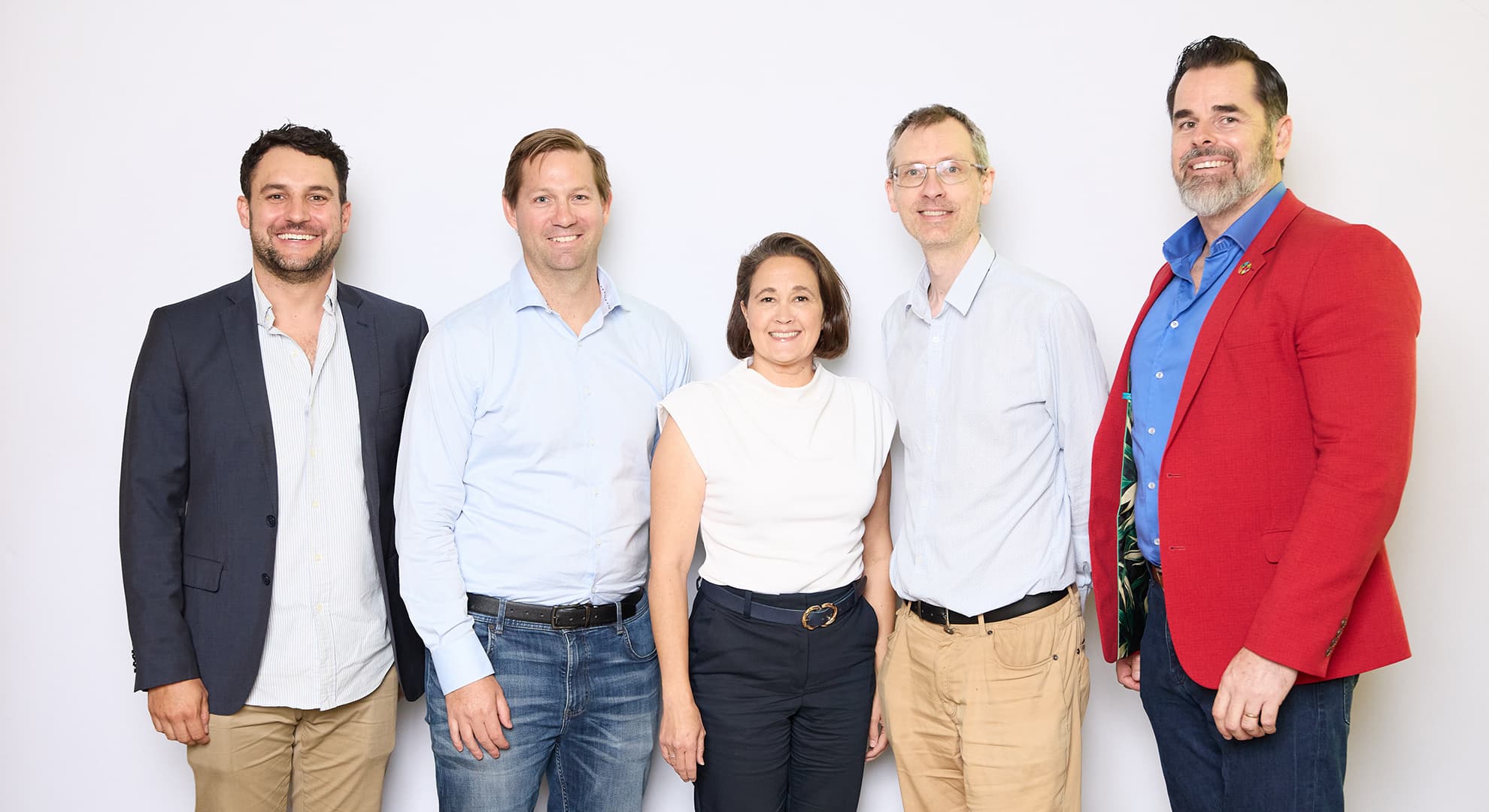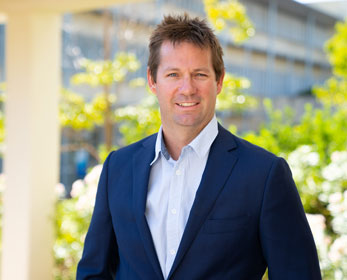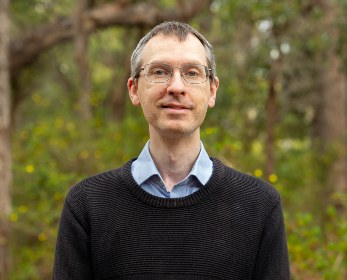Developed by the ECU Simulation & Immersive Digital Technology Group (SIDTG), the I-VADE program (Immersive Violence and Aggression De-escalation Experience) leverages immersive VR technology and computer simulation to train frontline healthcare workers in effective techniques for de-escalating aggression in patients.
The I-VADE team was one of only 20 teams across Australia invited to attend a three-day ON Accelerate bootcamp workshop in Sydney (November 25-27, 2024) following a rigorous online submission process. Following this intense workshop, ECU's I-VADE team, in partnership with industry partner Alpha Immersion, has been named among the top 12 teams selected to advance to the next phase: Immersion Week, taking place in Brisbane from February 17-19, 2025.
This marks a historic achievement in the innovation commercialisation space for ECU, with the I-VADE team progressing further in the program than any other ECU team to date.
A milestone in innovation and impact
ECU's I-VADE program has been co-designed in partnership with the Department of Health WA, ensuring the program aligns with end user requirements and expectations, enhancing value and relevance. The immersive simulation provides users with realistic training exposure, allowing users to gain experience and capability with managing aggressive patients in a manner that provides the opportunity for flexible, efficient and repetitive training practice.
Dr Brennen Mills, Senior Lecturer in the School of Medical and Health Sciences and leader of ECU's SIDTG emphasised the significance of the recognition.
"The ON Accelerate program presents an unparalleled opportunity for us to bring I-VADE closer to real-world implementation. This progression not only highlights the innovation at ECU but also the potential of I-VADE to revolutionise aggression and violence management healthcare training," said Dr Mills.
Next steps in the journey
During Immersion Week early next year, the I-VADE team will collaborate with industry experts and researchers from across Australia to refine their project, value proposition and evaluate its market potential.
The week will conclude with ON Core, an exclusive event at the Brisbane Powerhouse on 20 February 2025, where teams connect with a national network of researchers and investors to explore commercialisation opportunities. Following this event the final 10 teams for the full three-month ON Accelerate program will be announced.
Transforming healthcare training
Dr Mills explains that the I-VADE program addresses a critical issue in healthcare: the rise of aggression and violence in emergency departments and other acute care settings.
"This project provides a scalable, immersive solution to training challenges faced by busy healthcare systems, particularly in rural and remote areas. It's an innovative step towards improving the safety and preparedness of our frontline workers," said Dr Mills.
"As the I-VADE team gears up for the next stage of the ON Accelerate journey, their progress reflects ECU's commitment to advancing impactful, research-driven innovations with the potential to transform industries and communities."
Read more about how ECU uses VR and AI to help address aggression in the ED.

 The I-VADE Team (L-R) Mr Tyron Lopes (ECU), Dr Brennen Mills (ECU), Ms Sara Hansen (Alpha Immersion), Associate Professor Alex Rassau (ECU) and Mr David Hollands (Alpha Immersion).
The I-VADE Team (L-R) Mr Tyron Lopes (ECU), Dr Brennen Mills (ECU), Ms Sara Hansen (Alpha Immersion), Associate Professor Alex Rassau (ECU) and Mr David Hollands (Alpha Immersion).




